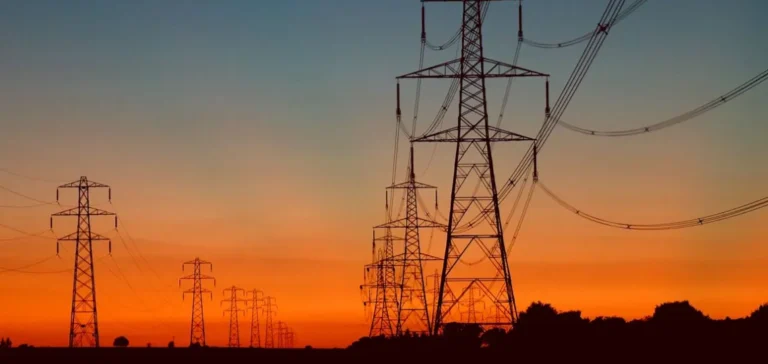The Ministry of Electricity, Water and Renewable Energy of Kuwait has announced a programme to add 14.05 gigawatts (GW) of new power generation capacity by 2031. This expansion aims to address a sustained increase in energy demand and strengthen long-term supply security.
The country has faced mounting pressure on its power grid due to rapid population growth, continued urban development and summer temperatures reaching 51 degrees Celsius. Planned power cuts have been implemented in several areas since 2024 to stabilise the grid, as maintenance works on some existing plants have been delayed.
A diversified portfolio of energy projects
Key developments include the second and third phases of the Al-Zour North power plant, which will add a combined capacity of 2.7 GW. The contract was signed in August with a consortium led by Saudi-based ACWA Power and the Gulf Investment Corporation. The deal exceeds 1 billion Kuwaiti dinars ($3.27bn), with funding provided by local and international banks.
The development also includes the first and second phases of the Shagaya renewable energy complex, with a total capacity of 1.6 GW, to be delivered under a public-private partnership model. The third and fourth phases of the project will add another 3 GW, in cooperation with Chinese entities.
Structured timeline beyond 2031
The programme also features the first phase of the Khairan power and water desalination plant, which will add 1.8 GW. This project is also being developed through a public-private partnership scheme, with bidding open to pre-qualified consortiums since September.
In parallel, the ministry plans to partially implement the Nuwaiseeb project, which has a total planned capacity of 7.2 GW. Some units are expected to come online before 2031, while others are scheduled for completion in the following decade, according to ministry spokesperson Fatma Abbas Johar Hayat.
Temporary control of summer peak load
Minister Subaih Al-Mukhaizim stated that, despite the 2025 summer heatwave, peak electricity load fell by 0.17 % year-on-year. This decline contrasts with initial forecasts that anticipated a 4 % increase, although the ministry did not specify the factors behind this shift.






















